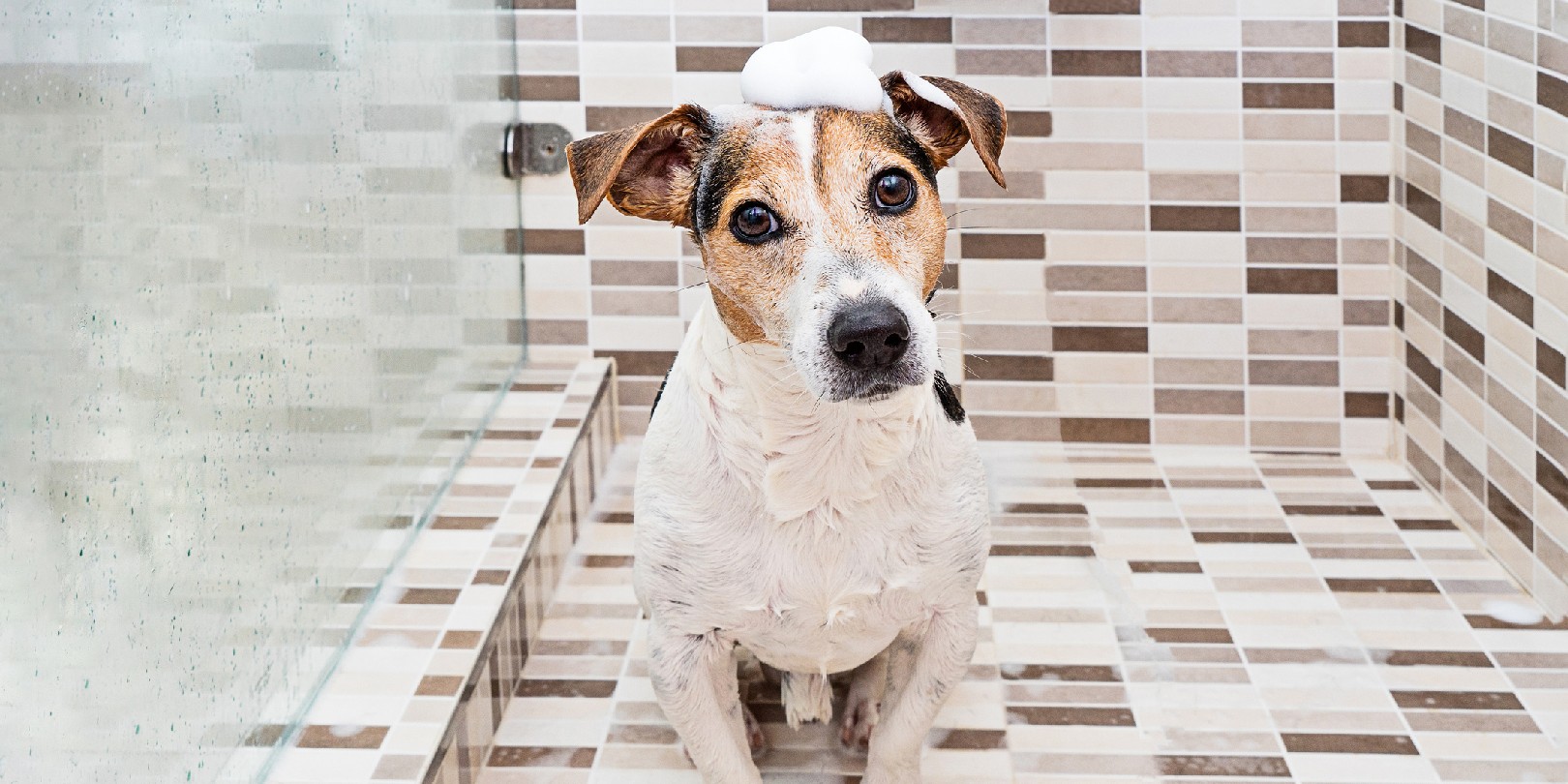Three Common Dog Skin Allergies and How To Soothe Them

If you’re a pet parent, you know how important it is to keep your pup’s skin healthy and free from irritation. Unfortunately, it’s not uncommon for dogs to experience skin allergies, which can be uncomfortable and difficult to treat. In this post, we’ll go over the three most common dog skin allergies and how to soothe them.
We’ll start by discussing what causes dog skin allergies and how to identify the symptoms. Then, we’ll cover three of the most common allergies and how to treat them. We’ll also review some natural remedies that can help soothe your pup’s skin and reduce their discomfort, so you can keep them healthy and happy.
What Are Dog Skin Allergies?
Dog skin allergies are caused by a wide range of irritating substances, from environmental factors like pollen or animal hair to food irritants like grains or dairy products. When a dog reacts to an allergen, its skin may show signs of redness, swelling, itching, and inflammation. Depending on the severity of the allergy and the amount of time it’s been occurring, your pup may display any combination of these symptoms.
Common Allergens for Dogs
The most common allergens for dogs include:
- Dust mites
- Pollen
- Fleas and flea saliva
Other Possible Allergens for Dogs
- Artificial colors and flavors in pet treats and food allergies
- Cleaning chemicals used around the home or garden
- Animal dander
- Food ingredients like grains or dairy products
- Insect bites
Diagnosing Allergies
If you suspect your pup is suffering from skin allergies, the first step is to visit your veterinarian so they can diagnose the problem and rule out other potential causes for your pup’s discomfort. During an exam, your vet will check your pup’s skin for any signs of irritation or inflammation. They may also run an allergy test to determine which allergen is causing the reaction. This test involves pricking your pup’s skin with tiny needles filled with various allergens. If there is a reaction at the site, then it means that your pup is allergic to that particular allergen.
Treatments for Allergic Skin Conditions
Once a diagnosis has been made, treatment will depend on what type of allergen is causing the reaction. For some environmental irritants like dust mites or pollen, antihistamine medications may help reduce discomfort and promote healing. If fleas are suspected as the trigger, then a regular flea preventative should be used to keep further irritation at bay. In cases where food allergies are identified as the culprit, dietary changes may be necessary. Your vet can help you determine which food ingredients should be avoided and what substitution dog foods may be beneficial.
In addition to these treatments, using a specialized dog shampoo and conditioner set can help soothe irritated skin and keep it moisturized while preventing further reactions due to harsh shampoo chemicals or fragrances. Be sure to find a shampoo specifically designed for sensitive skin—this will help reduce further irritation and make sure that any existing areas of inflammation heal quickly.
Tips for Preventing Allergic Reactions
To reduce the risk of canine allergens affecting your pup’s skin:
- Vacuum regularly throughout the home to reduce dust mite counts and other allergens like pollen or mold spores.
- Wash bedding weekly in hot water and consider investing in hypoallergenic bedding materials if dust mites are suspected as a cause of allergic reactions.
- Regularly groom pets to keep fur from shedding dander or insects like fleas.
- Carefully check ingredients in pet treats and switch over to natural or organic options without artificial colors or preservatives if possible.
- Invest in an air filter machine for your home if you notice any congestion when you enter closed rooms.
Conclusion
By following these tips and taking advantage of specialized care products designed specifically for sensitive-skinned pups—such as a dog shampoo and conditioner set—you can keep their coats healthy while reducing their risk for reactions during future contact with allergens they’re sensitive to.
